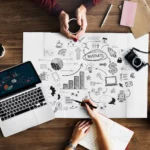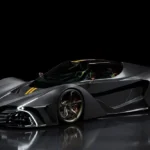AI drawing generator technology is reshaping every part of our lives, and art is no exception. In the past, creating a detailed drawing required hours of practice, patience, and artistic skill.
Today, an AI drawing generator can produce stunning artwork in seconds, even for people who can’t draw a stick figure. This shift is making art more accessible, faster, and surprisingly powerful.
Think about it, whether you’re a student needing illustrations, a business owner designing logos, or a gamer imagining characters, AI tools can turn your ideas into visuals instantly.
In this article, we’ll explore how these tools work, their benefits, real-world examples, challenges, and what the future holds for AI-powered art.
What Is an AI Drawing Generator?
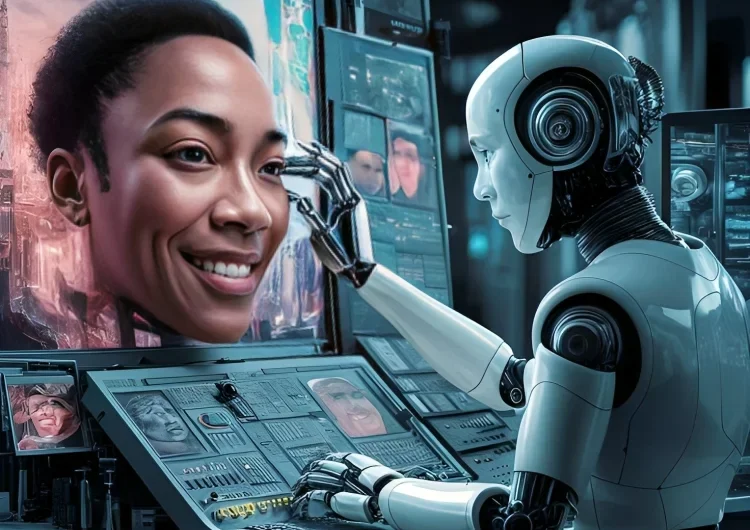
An AI drawing generator is a tool that uses artificial intelligence to create drawings based on your input. You can type a description, upload an image, or pick a style, and within seconds, the AI produces artwork.
How Does It Work?
- Text-to-Image: Type “a sunset over a futuristic city,” and the tool creates a sketch or painting.
- Style Customization: Choose between pencil sketch, anime, watercolor, or hyper-realistic.
- Editing Options: Many platforms let you refine or enhance the result.
- Instant Results: What would take hours for a human artist can now happen instantly.
It’s like having a personal artist available 24/7, ready to bring your imagination to life.
How AI Drawing Generators Work Behind the Scenes
AI drawing tools rely on machine learning models trained on millions of images. These models learn shapes, colors, and styles, then combine them in creative ways.
The Process
- Input – You describe what you want: “A dragon flying over mountains.”
- Interpretation – The AI analyzes the words and converts them into visual elements.
- Drawing Generation – Using neural networks, it creates the image.
- Refinement – You can tweak the drawing until it matches your vision.
Key Technologies
- Neural Networks: Recognize patterns and structures.
- GANs (Generative Adversarial Networks): Compete to make drawings more realistic.
- Diffusion Models: Add fine details like shading and texture.
This technology works like a brain that studies art, then applies that knowledge to new creations.
Benefits of Using an AI Drawing Generator
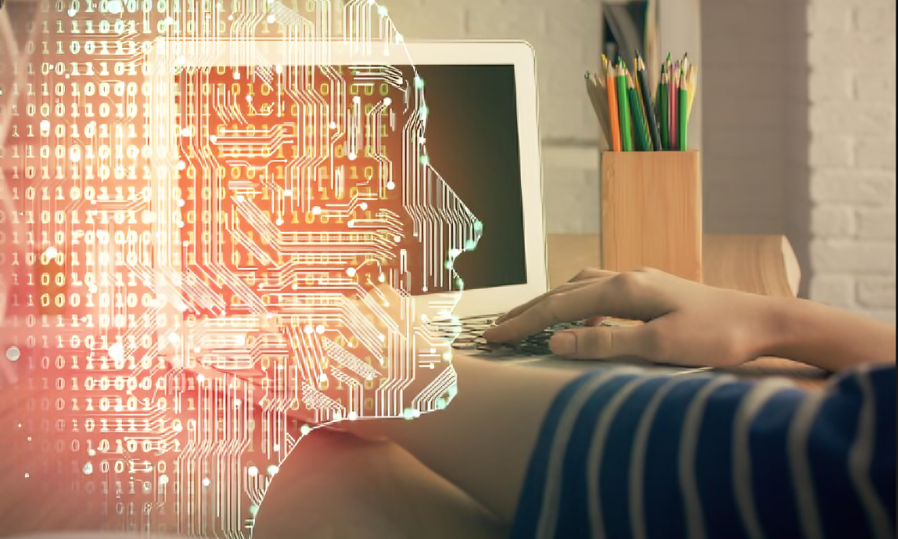
Why are these tools becoming so popular? Let’s break down the benefits.
- Saves Time: Artwork in seconds.
- Affordable: Many platforms are free or cheaper than hiring an artist.
- Accessible: No drawing skills needed.
- Boosts Creativity: Great for brainstorming and inspiration.
- Flexible: Useful for students, marketers, designers, and hobbyists.
Imagine preparing a school project with custom illustrations, or a business creating social media graphics instantly, AI makes it possible.
Top AI Drawing Generator Tools in 2025
Here are some of the most popular tools available today:
1. DALL·E 3
- Text-to-drawing AI from OpenAI
- Produces high-quality, creative illustrations
2. Stable Diffusion
- Open-source AI model
- Great for customization and advanced users
3. MidJourney
- Famous for unique, artistic, stylized drawings
- Popular among digital creators
4. Fotor AI Drawing Generator
- Beginner-friendly and quick to use
- Works well for personal projects
5. Artbreeder
- Let’s users blend and morph images
- Great for character design and experimentation
Each tool has its strengths, making them useful for different audiences.
Best Use Cases of an AI Drawing Generator
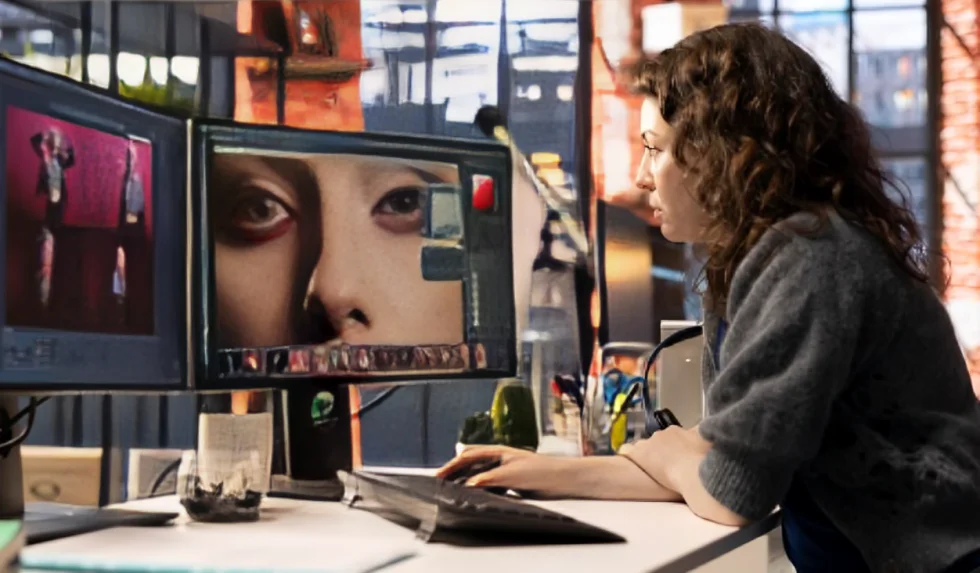
AI Drawing Generator in Marketing
Businesses can design ads, banners, and logos quickly.
In Education
Teachers and students use drawings to simplify learning.
In Gaming & Entertainment
Gamers create characters, maps, and visual storyboards.
For Personal Creativity
Anyone can make custom cards, posters, or digital art prints.
In short, these tools work for both professional and personal needs.
AI Drawing Generator vs. Traditional Art
| Feature | AI Drawing Generator | Traditional Art |
| Speed | Seconds | Hours/Days |
| Skill Required | None | Years of practice |
| Customization | Limited | Unlimited |
| Cost | Often free/cheap | Expensive |
| Originality | AI-trained patterns | 100% unique |
AI tools are not meant to replace human artists, they complement them.
Challenges and Limitations of AI Drawing Generators
Despite their power, these tools have limitations:
- Originality Issues – AI art is inspired by existing styles.
- Ethical Concerns – Questions about copyright ownership.
- Quality Variations – Some results may look odd or incomplete.
- Creativity Limits – AI follows rules, humans break them to innovate.
These challenges highlight the need for balance between AI and human creativity.
Tips for Getting the Best Results with an AI Drawing Generator
- Write Detailed Prompts – Be clear about colors, style, and details.
- Try Variations – Test different prompts for better results.
- Combine Human + AI – Edit AI-generated drawings for a personal touch.
- Stay Updated – New tools improve frequently, offering better results.
Like any tool, practice makes perfect. The more you use it, the better your outcomes.
The Future of AI Drawing Generators
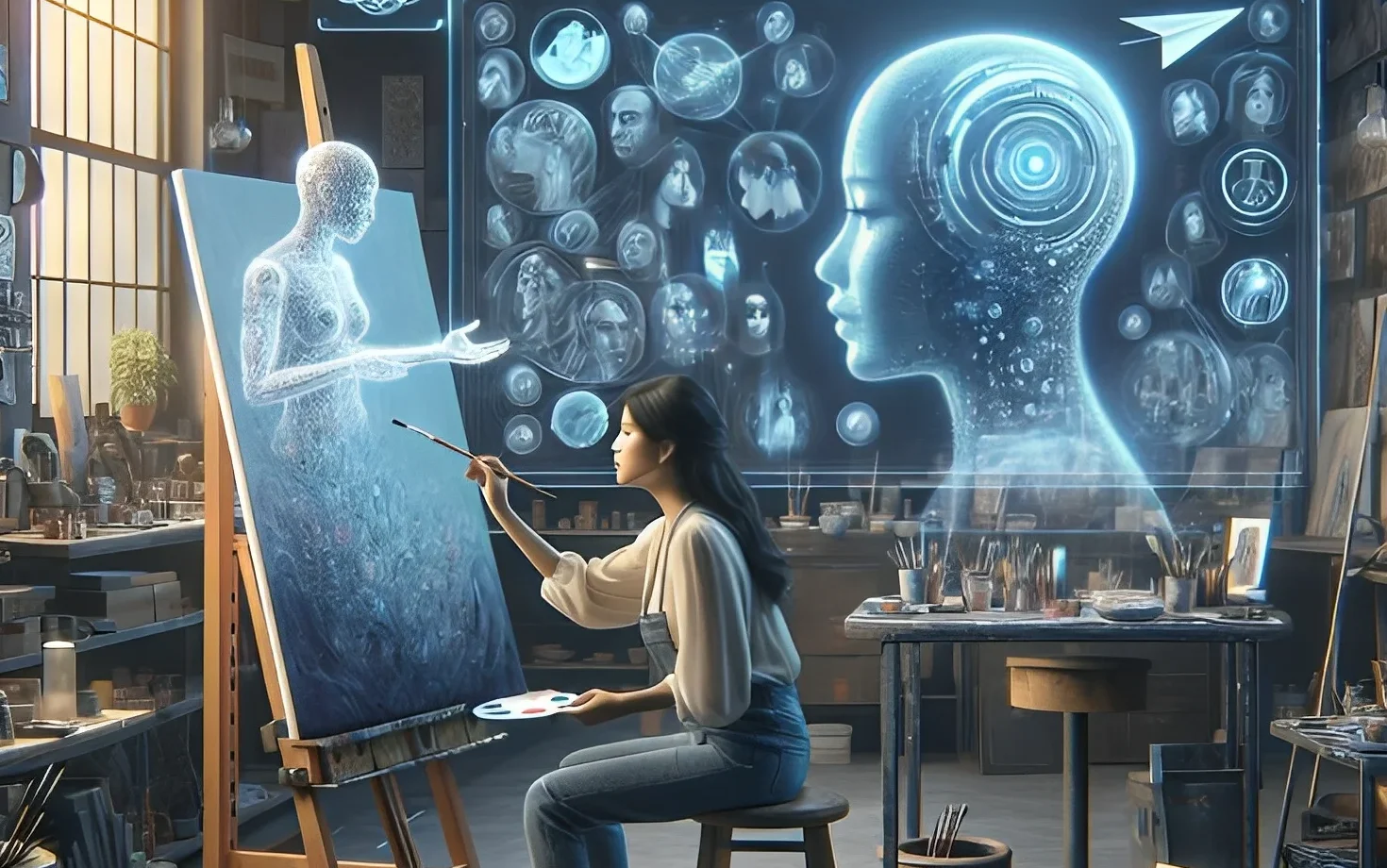
Looking ahead, experts expect these tools to get even better:
- 3D Drawings – From sketches to full 3D models.
- Real-Time Collaboration – Artists and AI working together live.
- AR/VR Integration – Immersive digital artwork.
- Stronger Ethics – Clearer copyright and usage rights.
The line between human and AI art will continue to blur.
Conclusion: AI Drawing Generator as a Creative Partner
The rise of the AI drawing generator is transforming art forever. What once required years of practice can now be achieved with a single click. These tools don’t replace traditional artists but instead serve as creative partners, making art faster, easier, and more inclusive. Whether for work, education, or fun, AI is unlocking creativity for everyone.
FAQs on AI Drawing Generators
Q1. Is AI-generated art original?
Yes, each drawing is unique, though based on learned patterns.
Q2. Can I use AI art commercially?
It depends on the platform. Always check usage rights.
Q3. Which AI drawing generator is best for beginners?
Fotor AI and Artbreeder are great starting points.
Q4. Do AI tools replace traditional artists?
No, they complement and inspire human creativity.
Q5. What’s the future of AI in drawing?
Expect 3D art, AR/VR designs, and more advanced customization.


